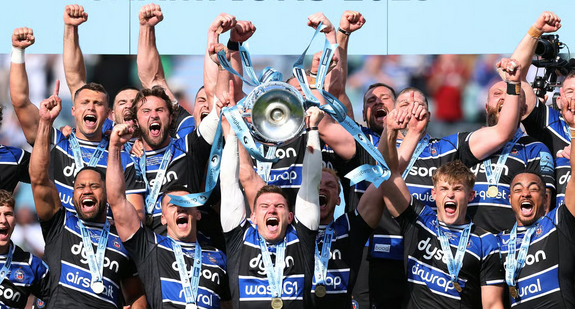The UK government’s Business Secretary Kwasi Kwarteng has defended the government's handling of the energy crisis after suppliers said the system of having a cap on prices was not fit for purpose. Gas prices are at record highs, with some domestic energy supply firms failing as they pay more for gas than they are able to charge.
Mr Kwarteng did not say how pressure on businesses might be eased but said keeping the cap was non-negotiable. The cap is reviewed every six months.
It sets the maximum level a supplier can charge a consumer on a standard tariff in England, Wales and Scotland. But energy regulator Ofgem has warned households will see further significant rises in the spring, when the cap is reviewed.
Kwarteng said his priority was protecting consumers writing: "Despite some pushing me to lift the cap, I am absolutely clear it is here to stay and will remain at the same level throughout winter. Keeping this protection in place is non-negotiable for me."
Some suppliers say the cap is just delaying an inevitable increase in prices and should be reviewed more regularly than once every six months. He would not rule out a price cap for businesses and said his department was talking to industry to see what solutions could work.
The Business Secretary denied reports that he had requested billions from the Treasury to subsidise energy intensive industries, saying such firms had already been subsidised with more than £2bn in support with electricity costs since 2013. He also said that he was as certain as could be that the country would have full energy supply over the winter - wholesale gas prices have risen 250% since January.
Kwarteng recently met leaders from heavy industry, amid warnings that some industrial sectors could have to shut down operations, but they failed to find any solutions to supply problems and price rises. Last month, nine domestic energy supply companies went out of business, forcing 1.7 million customers to move to new suppliers and on to higher rates.
Paul Richards, chief executive of Together Energy, which he said is currently making losses, said while he supported a price cap to protect customers, the current mechanism "is not fit for industry, nor is it fit for customers".
Derek Lickorish, chair of Utilita Energy, which has more than 800,000 customers, said there was no doubt consumers would end up paying for failed firms.
The founder of OVO Energy Stephen Fitzpatrick said that it’s been too easy for companies to enter the energy market and there will be more companies in difficulty. He also said that the energy market was "complicated" and he thought some people had not understood the risks.
The government said it was in regular contact with business groups to explore ways to manage the impact of global prices. Labour's shadow international trade secretary Emily Thornberry said: "We shouldn't be in a situation where we wait until there's a crisis and then react.
Asked about whether Labour would introduce a price cap for business she said that her party was talking to businesses and it was important to listen to what they said and if a strong case is made, take it seriously. A number of Conservative MPs have called for the government to act, and the Energy Intensive Users Group - which represents firms that use a lot of energy - said measures were needed immediately to stop shut downs having a wider impact.
UK Steel boss Gareth Stace said that he was baffled that the UK government had failed to find solutions. He said governments in the rest of Europe had stepped in to support industry - although they faced lower energy costs than in the UK.
The ceramics industry has also warned it could be forced to scale back or stop production due to the rise in gas prices. Kwarteng's message came as the government also extended a fast-track scheme to allow more people to be trained as HGV drivers to address a shortage of people there.











